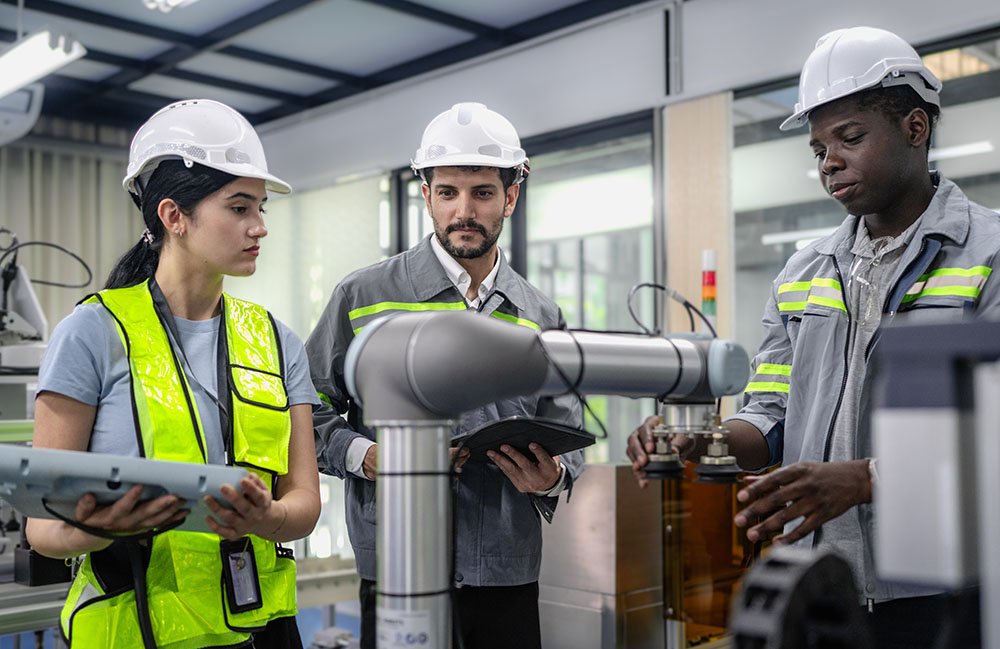
The field of robotics is highly interdisciplinary, encompassing mechanical and electrical engineering, materials science, computer science, neuroscience, and biology. If that academic diversity is paired with workforce diversity, it could drive more creativity and innovation, according to a recent study from the Max Planck Institute for Intelligent Systems, or MPI-IS.
The Stuttgart, Germany-based institute identified seven ways in which workforce diversity — incorporating members of different ethnicities, genders, socioeconomic statuses, ages, life experiences, parental statuses or disabilities — and inclusive leadership can bring to robotics research. It published the study this week in Science Robotics.
“In this article, we highlight existing scientific literature, analyze citation metrics of robotics papers over the past 25 years, reflect on our personal experiences and observations from working in a diverse and inclusive environment, and share insights from interviews with 10 established research leaders in robotics,” said Daniela Macari, a doctoral researcher in the Robotic Materials Department at MPI-IS and first author of the article.
Content retrieved from: https://www.therobotreport.com/diversity-and-inclusion-can-accelerate-robotic-innovation-finds-max-planck-study/.






